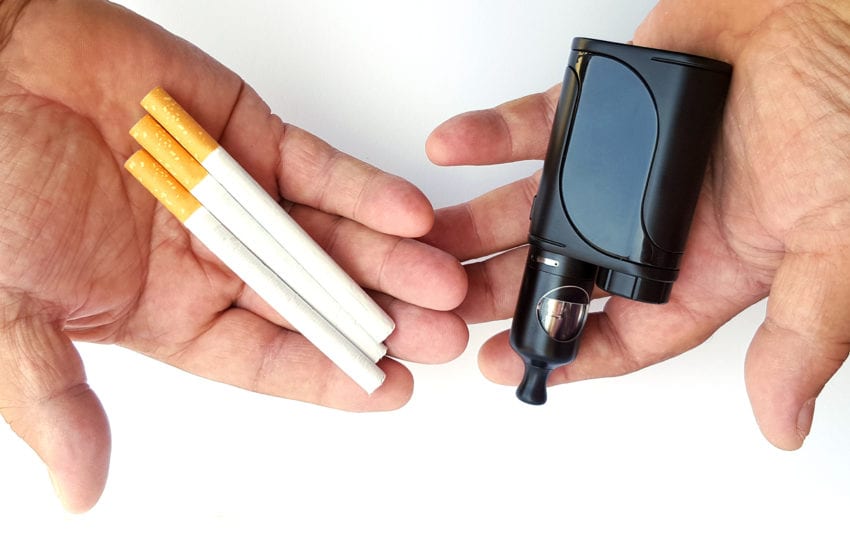
Smokers’ rights campaigners have rejected a claim that smokers cost society £17 billion ($23.3 billion) a year in the U.K.—£5 billion more than previously estimated.
On Jan. 14, Action on Smoking and Health (ASH) published an economic analysis of U.K. data suggesting that the cost of smoking is significantly higher than previous estimates have shown.
The higher estimate is a result of a new assessment of the impact of smoking on productivity. According to ASH, smokers are more likely than nonsmokers to become ill while of working age, increasing the likelihood being out of work and reducing the average wages of smokers. Smokers are also more likely to die while they are still of working age, creating a further loss to the economy.
The report also cites smoking-related fires as a major cost to society, in the form of fire-related deaths, injuries and property damage.
“The suggestion that smokers are a significant economic burden on society is absurd,” countered Simon Clark, director of the smokers’ lobby group Forest.
“More than 80 percent of the cost of tobacco in the UK is tax and the revenue from the sale of legal tobacco is almost £10 billion a year. That’s a fact.
“In contrast, the contrived claim that smoking costs society £17 billion is based on nothing more than estimates and calculations.
“As well as making a huge contribution to the public purse, smokers make a significant contribution to the local economy because without the money they spend on tobacco many village shops and convenience stores would lose a regular source of income.
“The health risks of smoking are well known. If adults choose to smoke that’s a matter for them not government. Ministers must remember that and not be swayed by exaggerated claims about the cost of smoking to society.”























